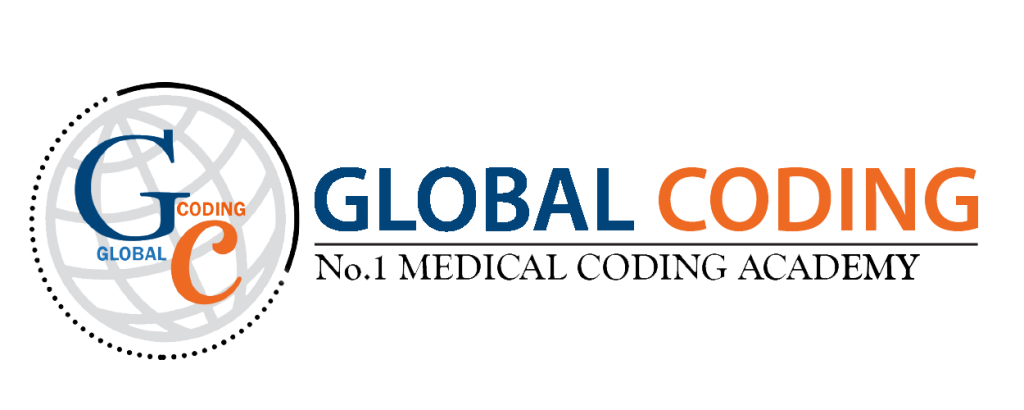Certified Risk Adjustment Coder CRC
What is CRC?
The Certified Risk Adjustment Coder (CRC) credential, awarded by the AAPC (American Academy of Professional Coders), validates your expertise in risk adjustment coding. CRC-certified professionals accurately assign ICD-10-CM diagnosis codes to assess patient health status, supporting risk adjustment models such as:
- Medicare Advantage (HCC)
- Affordable Care Act (ACA) plans
- Commercial and Medicaid risk adjustment programs
This certification ensures coders can effectively capture chronic conditions and comorbidities for appropriate reimbursement and compliance.
Study Materials Included :
| Detail | Information |
|---|---|
| Course Duration | 126 Hours (3 Hours per day – 42 classes) |
| Batches | Weekdays and Weekend Batch |
| Weekdays | Monday to Thursday: 3 hours from 10:00 AM to 1:00 PM or 04:00 PM to 7:00 PM Saturday: 10:00 AM to 5:00 PM |
| Weekend | Saturday and Sunday: 6 hours from 10:00 AM to 5:00 PM |
| Language | Tamil & English |
About CRC Coders
CRC-certified coders are vital in healthcare reimbursement. They ensure documentation accurately reflects a patient’s health conditions, which impacts the reimbursement healthcare providers receive under risk-adjusted payment models.
Roles of CRC Coders:
- Review Medical Records to identify chronic conditions and comorbidities.
- Assign ICD-10-CM Codes accurately for diagnoses.
- Ensure Documentation Completeness to support risk scores.
- Educate Providers on accurate and compliant documentation practices.
Who Can Apply for CRC?
- Medical Coderslooking to specialize in risk adjustment.
- Healthcare Professionals: such as nurses and documentation specialists.
- Individuals with basic knowledge of medical terminology and coding.
- Professionals seeking to advance their careers in medical auditing and coding.
- No strict prerequisitesa background in medical coding is beneficial but not mandatory.


Comments are closed